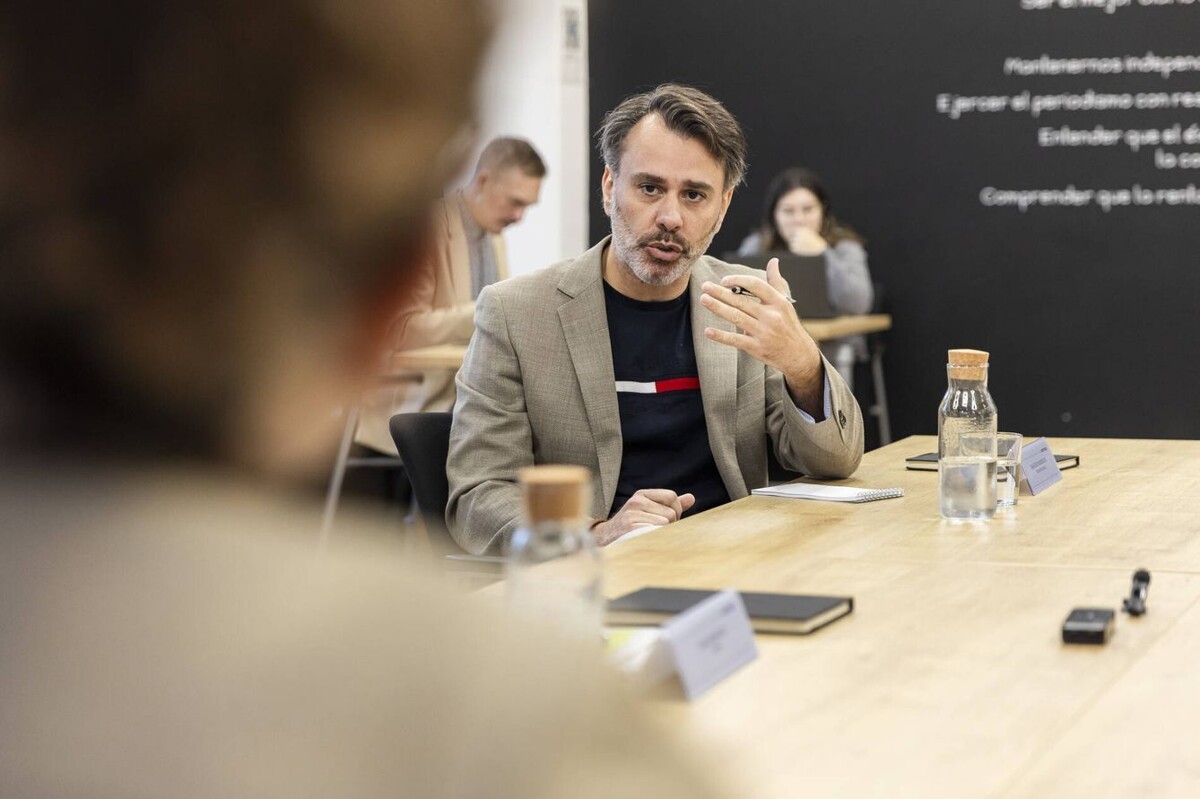
In New Zealand, tourism success is measured through surveys of citizens. Francisco Rodríguez from Ideas for Change highlighted that this industry generates happiness in people's lives. Regarding the improvement of the environment in depopulated areas, he pointed out the possibility of using abandoned houses in rural areas with housing shortages. However, he warned that mayors of small towns are not aware of the available assistance.
Jesús Sánchez Lambás criticized the resistance of some higher administrations towards alternative tourism models, questioning the restrictive regulations on the use of housing. He emphasized that alternative tourism has revitalized neighborhoods and towns, providing new services and generating employment. On the other hand, he lamented that during the pandemic, sustainable tourism did not receive the same financial aid as traditional tourism.
In Spain, rural tourism is a significant aspect. Sara Rodríguez highlighted the positive impact of her platform on tourist dispersion, reaching towns that typically did not receive visitors. For their part, Francisco Rodríguez and Jesús Sánchez Lambás advocated for more sustainable tourism that benefits local communities, generates employment, and preserves the environment.
Regarding tourism in rural Spain, there was a debate about the decentralization of tourism and its influence on sustainable rural development. Experts emphasized the importance of involving the local community and offering unique experiences to tourists. The need for tax incentives for tourist apartments was mentioned as an environmental sustainability measure and for tourist decongestion.
Rental tourism was highlighted as a sustainable and participatory alternative in contrast to mass tourism. Its contribution to the generation of horizontal wealth and the preservation of heritage was emphasized. Experts like Alberto Alfonso Pordomingo mentioned the importance of successful local projects that promote population retention and enrich cultural heritage.
In conclusion, the idea of more responsible and respectful tourism that favors local communities was promoted. The decentralization of tourism and the promotion of sustainable models were addressed as pathways for balanced and beneficial tourism development for all involved stakeholders.














